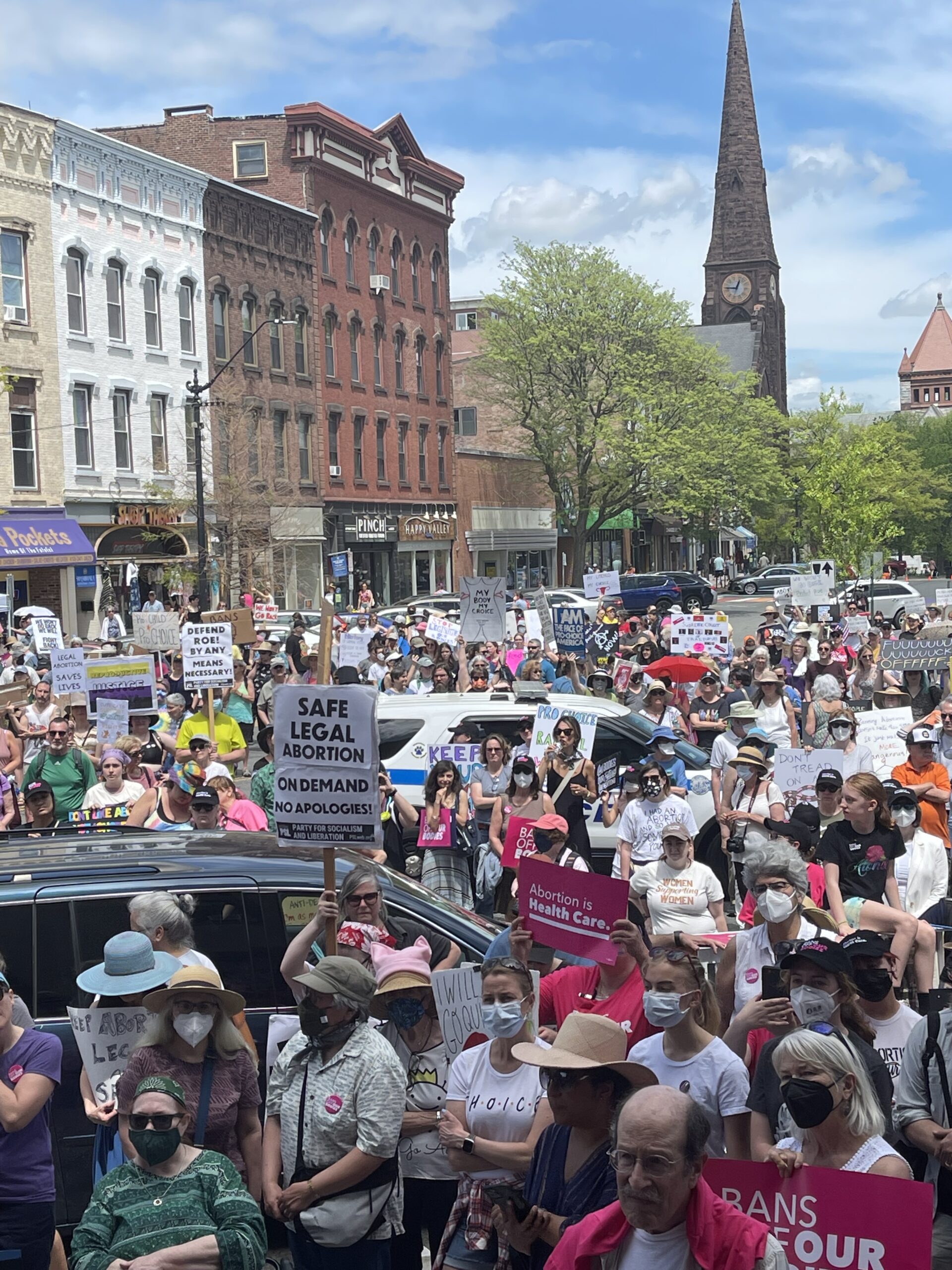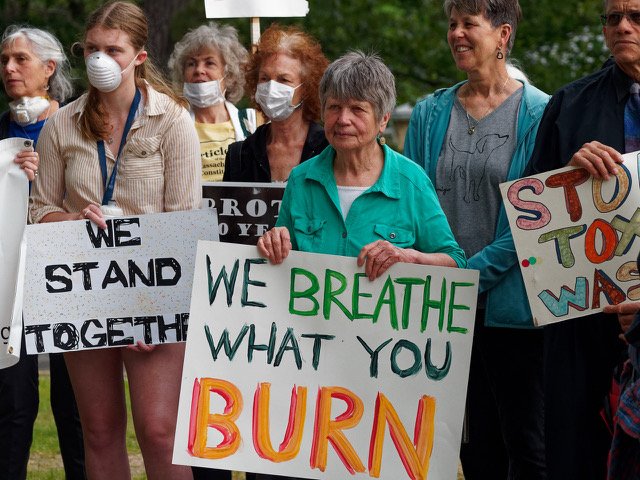Arise For Social Justice Advocates for Women and Families
Arise For Social Justice is based in Hampden County.
Parity in positions of power and leadership is one of the Women’s Fund strategic pillars for advancing gender and racial equity in our region. To us, that means facilitating an increase in female representation in all positions of power and leadership across Western Massachusetts.
We are proud of the committee members who participated in this year’s trust-based philanthropy process to award funds for the crucial healing and recovery work throughout the four counties of Western Massachusetts.
How is your organization making a difference for women and girls in Western Massachusetts?
Arise For Social Justice aims to address the barriers that exist for Black women and girls. We know from the most recent report released by the Massachusetts Commission on the Status of Women that Black women have been disproportionately impacted by the pandemic, loss of jobs, careers, and income. These were barriers before covid-19 that only became much deeper and more transparent.
It is not only economic challenges that create barriers, but the increase in domestic violence is also another factor that deeply affects Black women and girls. Our current systems do not take into account the complexities that many are navigating in just trying to survive. It also places an undue emotional burden on Black women who most often are the caretakers.
We advocate for the needs of our community and seek to hold our elected officials accountable for addressing these disparities and specifically naming and showing the impact. Black women are most often under-represented and the least considered and we overcome that by owning and shifting the narrative, creating spaces and opportunities that are accessible to those most impacted.

How is your organization working toward meeting the goals of our parity in positions of power and leadership pillar?

Our organization’s approach to meeting this pillar is about designing at the margins. We know that white supremacy and racism dominate our systems and institutions and even the best solutions will have this at the root. The only way to counter this is by being intentional about it not being there. That looks like designing programs and offering solutions that are accessible to those who are the furthest away from access. In the case of our work, where nearly all of the people we see in the community are poor or low income, accessibility looks like offering stipends for people’s time in organizing, coming to meetings or focus groups, and providing childcare and food at the meetings and considering the day/time of the meetings. It is also providing advocacy and support that doesn’t require extreme amounts of paperwork or attacks the dignity of those seeking help. It should not require an arm, leg, and blood of a firstborn to get help and help should not be reserved for when you are in the height of crisis. Centering prevention and not a reaction is also an important approach as well as not just putting a band-aid on a problem only for it to return.
We aim to get at the root of issues and attack it there and create a better re-starting ground for folks. One example of this in our current programming is doing rapid COVID response in the form of utility payments. If someone came in needing help with a utility bill, we didn’t just pay the balance, we also connected with the utility company to find out about the person qualifying for programs that would eliminate their back balance altogether and give them a fresh start because simply paying the monthly bill might not have addressed the barrier and would that prevent them from facing the same issue the next month?
Another facet of this is what bills we paid. Yes, electricity, gas, and water are important but what about car insurance? Some needed that kind of help and we paid. Why? If you cant pay your car insurance, your registration gets canceled, but you are still going to drive because you need to get back and forth to work. Because life happens, you’ll get pulled over, your car impounded because it’s uninsured and unregistered, there’s a fine for that and a police interaction. Now you can’t get to work because you don’t have a car, and because you can’t get to work, you lose your job and the loss of income triggers non-payment of rent and now you’re facing eviction and wind up in the Arise office anyway. Pay the car insurance. These are the real-life experiences of the community we serve that is mainly women of color; Black women with children. The current help being offered in other organizations doesn’t address situations like this, but that is designing at the margins and understanding the interconnectedness of these oppressive systems and the barriers they create.

What is happening in the world, your region, or your city today that is creating the greatest challenges for women and girls?
One of the shortcomings of the nonprofit sector is the performance that doesn’t allow for actually getting rid of the problems because if we did, we wouldn’t have jobs. Our Executive Director has said she wants to work herself out of a job, eradicating these issues. We have to understand the history of white supremacy and racism, its evolution; understanding what it looks like now in our communities. We also have to understand misogyny and misogynoir, which bell hooks described as being more dangerous than racism. It destroys people who do not conform to gender expectations, it destroys the ability to be educated and to work, and it also encourages domination of every kind and that is something we must know and name and seek to actively dismantle in the way we do the work we do.
The needs of Black women and girls are different than those of Black men and boys. They are different needs than those of white women and especially different than those of white men because of this experience of racism and sexism. Black men can climb up into superiority as men and white women can climb on board aligning with the oppressive, dominating behaviors of white men. This understanding and analysis is a critical part of our approach to programming and activities that makes us unique from other organizations in the area.
These issues are local, regional, and national.
What solutions does your team or organization recommend to address this?
To address this, we must continue to organize, educate the community, and encourage civic engagement. A culture of dominance and superiority thrives in misinformation, separation, and confusion.

Do you have volunteer opportunities that you want to share with the friends of the Fund?
We are always looking for volunteers to participate in phone banking, showing up to rallies, and helping with programming, from our community garden to youth programs, and organizing.
You don’t have to be an organizer to become involved. There is room for everyone. Nonprofit organizations need marketing and communications, accounting, legal support, researchers, grant writers, etc.
In addition to volunteers, we are looking for folks who are interested in the governance of Arise and becoming board members.
Including donations, what can our audience do now to help your organization’s mission?
Talk about Arise and the work that we do. Speak to your friends, family, and acquaintances about the mission and the importance of dismantling these oppressive systems of dominance and superiority that are at the root of what ails our society. Naming and speaking these hard truths out loud is part of the process of change.

